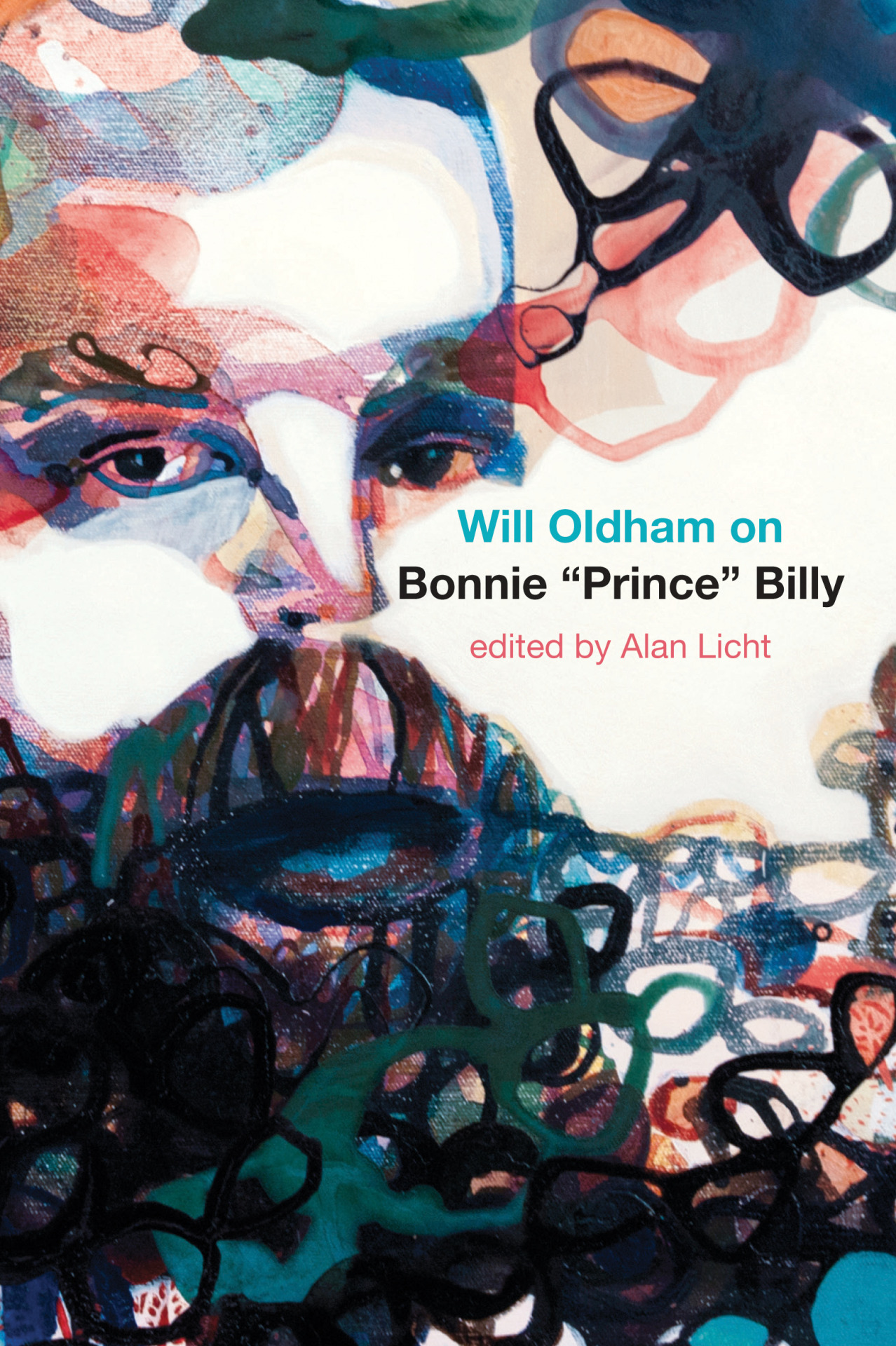Will Oldham on Bonnie “Prince” Billy
A 350-page interview with Will Oldham about his work. How you feel about the book, of course, is dependent on how you feel about Will Oldham. I found a lot of his ideas about making art to be pretty in tune with my own.
A few things…
Starting out as a fan, ending up a colleague
Oldham says, “Before I made things, I was an audience member, and a lot of what I’m doing when creating things is wanting to evolve as a member of the audience.”
I’m not of the group of people who make music or other kinds of art who feel like they have inherently within them something that needs to come out or is worth coming out… For me it’s by pursuing, absorbing, or just complacently being bombarded by things from all over or that have value to me…
You start out as a fan, and then you start making work as an ultimate act of fandom:
I feel like that’s one of the main jobs of making the records: creating, but also identifying and maintaining, these abstract communities that nourished me growing up. By making a record and putting it out there, you can find someone who’s in your community, who lives in Manitoba or wherever, because they hear the record. And eventually you can work with some of these people, you know?
He says of his experience recording with R. Kelly: “I felt like doing the R. Kelly thing was an unbelievable bridge to have crossed, a dream-come-true thing, also in terms of getting from being a listener to being a colleague of sorts with someone whom I never imagined that there would ever be any possibility.” (I imagine he feels the same way about recording with Johnny Cash.)
The relationship of the artist to the audience
I love this description of the recording process: “Part of the idea in making a record is to freeze lots of moments of learning and discovery so that it really is like every time you press “play” you are opening up this experiment again.”
“People think of making a record as the end of something. In every way, it seems much more about the future.” Or, to paraphrase Paul Valery, a song is never finished, only recorded:
I think that a song, for the most part, is completed by the listening experience. It enters into people’s brains and mutates and then might get completed again—in their dreams, in mix tapes that they make, or in new listening experiences that they have. So it isn’t ever finished because there’s never going to be a definitive listening experience.
As someone who highly values his own experiences as a listener, Oldham knows that that he and his listeners are in a kind of partnership, and in fact, they might wield more power over his work than he does: “The ears that are listening make more difference than the way the music sounds.”
I feel the value of my work is determined very precisely by the audience. What does entertainment mean, anyway, and what’s the difference between that and art? I would say the main difference is that art isn’t necessarily funded by the consumer, but entertainment always is. In that way, entertainment is a million times more important to me than art, and being an entertainer is more important to me than being an artist.
…My absolute, purest particular taste would not be something that could be appreciated on a grand scale. It just wouldn’t. If I really made a record just to serve myself I would end up alone in a dark, wet room, you know? That’s not really where I want to be. That’s why it’s more important to me to make a record that serves itself and its audience well. A good record should involve my needs, the listeners’ needs, and the needs of the other people who worked on the record. If I manage that, I feel I’ve accomplished something.
At the same time, Oldham is not particularly fond of having a live audience, and he’s a reluctant performer. “My dream: to get paid and not have an audience,” he says. “The only reason I want to be onstage is because that usually means that I will be making money that I can use to make records and live life and work with people.” At many points in the book, he seems exasperated that anyone likes going to shows:
How can I reconcile my experience of listening to music with the process of making music? Why play shows when I just want to listen to the records, you know, and have people listen to the records? Why would they want to see a show? You can’t drive a car when you’re seeing a show, you can’t make love to your partner while you’re seeing a show, or cook breakfast or go to sleep; you have to stand in a club. Why would you do that? That’s not listening.
Playing live and making records, “They play completely different roles. The records are just trying to get the songs across, and then live we’re just trying to spend time together.” This approach to the live experience is what (presumably, I’ve never actually gotten to see him) makes him an exciting, if not always 100%-on-the-mark, performer, and he talks in one section about his restlessness with performing, and dreaming up new ways to make the live experience more exciting, for instance, a day-long string of one-hour, one-of-a-kind hour-long performances, with 10-25 people in the room.
Embracing the process—the whole process—of releasing records
“One of the sometimes stated and sometimes understood goals of the system of making records and movies is making the process, or some aspects of the process, invisible.” But Oldham is fond of figuring out how to make the distribution and the marketing and the advertising — the stuff that gets the record out, releases it, into the world — a natural outgrowth of process of making the record. “[Y]ou can let the weird rules that you create within the world of a record bleed out into the process of making and selling it as well.”
As the audience, especially as kids, we assume that [the production and distribution side of things] doesn’t even exist. And if it does exist, that it is always a force that is in conflict with the product, with the end thing…. Never imagining that it’s a positive or cooperative or collaborative or good symbiotic relationship; you just assume that they’re different things, and realizing that they aren’t necessarily or don’t have to be different is fun.
Sometimes this means not following the rules of normal promotion — he is, for example, loathe to give interviews, because he feels they actually muddy people’s impressions of the work, and sometimes might even hurt record sales: “interview after interview, most people doing the interview don’t really prepare, don’t care, and what this is doing is providing a lot of lukewarm, empty, quasi-interesting content in relation to this record.” (Pity his poor publicist.)



 betzistar
betzistar